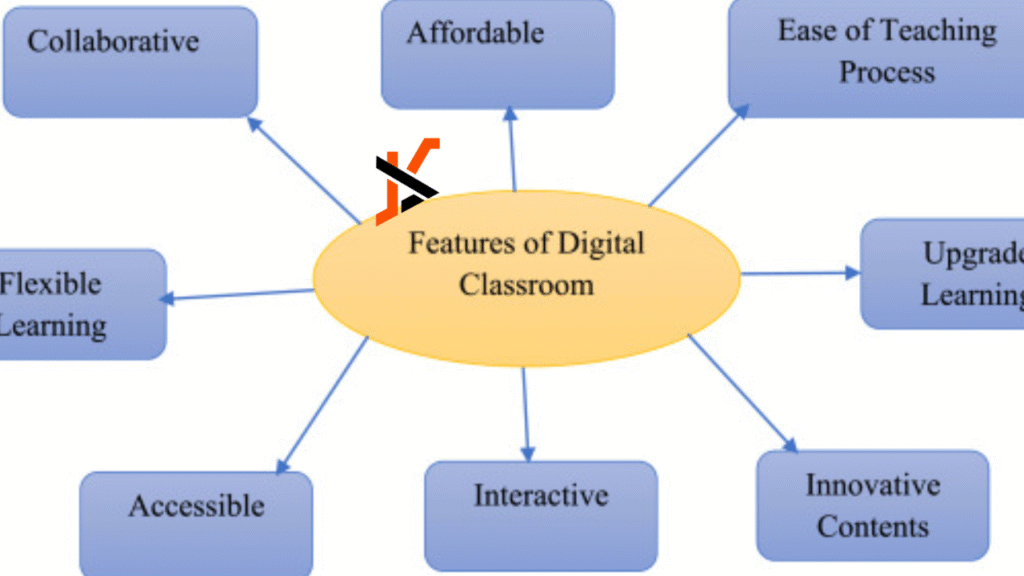As educational models become increasingly flexible, driven by changing learner expectations and technological advances, assessment methods must evolve in tandem. Flexible learning prioritises autonomy, accessibility, and adaptability—characteristics that are difficult to support with traditional, paper-based exams. Digital exams provide a robust foundation for assessment within these new models, enabling institutions to evaluate learning in ways that align with modern, decentralised education.
Flexible Timing and Location
Flexible learning detaches study from rigid schedules and physical settings. Digital exams support this by allowing assessments to take place remotely, across time zones, and even asynchronously. Students can sit exams from home or while travelling, at times that suit their personal schedules or external commitments.
This logistical freedom directly supports the flexible learning ethos, especially for learners balancing employment, caregiving, or geographic isolation. Secure proctoring, lockdown browsers, and cross-device compatibility ensure exam integrity while maintaining access and convenience, two pillars of flexible education.
Adaptation to Modular Progression
In flexible learning models, students often progress through content at their own pace and in modular formats. This approach can conflict with traditional assessment methods, which are typically tied to fixed term-end timelines or standardised structures.
Digital exams resolve this misalignment by allowing evaluation to be embedded throughout a course, tied to specific modules or learning milestones. They can be taken on demand, offering learners timely checkpoints that reflect where they are in their individual journey. Many institutions manage this shift by adopting integrated solutions to switch to online assessments, enabling testing to mirror the structure of modular, learner-directed study while maintaining consistency and rigour.
Scalable Assessment Delivery
Flexible learning often extends across multiple campuses, regions, or even countries. Administering traditional exams at scale in such distributed systems presents challenges in consistency, logistics, and cost.
Digital exams remove these barriers by providing a unified assessment experience across locations. Institutions can deliver the same exam securely to hundreds or thousands of students without the need for physical venues, invigilators, or printing. This scalability ensures that assessments keep pace with the global, decentralised nature of flexible education models.
Instant Feedback and Insights
Immediate feedback is central to supporting independent, flexible learning. Digital exams offer automated scoring and real-time results, allowing students to identify strengths and gaps without delay. This immediacy encourages reflection, timely revision, and continuous engagement, especially important for those progressing at their own pace or studying asynchronously.
A study conducted with 776 pre-service teachers in Australian higher education found that students who received digital score reports with personalised feedback performed significantly better on final exams than those who received minimal or no feedback. The research highlights how digital exams do more than assess—they actively enhance learning through targeted, meaningful insights.
Preserving Rigour and Standards
A common concern with remote and flexible learning is the perceived trade-off between convenience and academic rigour. Digital exams challenge this assumption by incorporating robust security features—identity verification, AI-based proctoring, and controlled test environments—that uphold integrity without reverting to rigid in-person formats.
This balance allows institutions to maintain high academic standards while offering students the flexibility they need. Exams can be both secure and adaptable, which is critical for the credibility of qualifications earned through non-traditional learning pathways.
The Lasting Role of Digital Exams in Flexible Learning
Flexible learning demands assessment methods that match its adaptability, scalability, and learner-centred design. Digital exams support these goals by decoupling assessment from time and location, aligning with personalised learning paths, delivering immediate feedback, and maintaining academic integrity at scale. As education continues to shift towards more flexible delivery, digital assessment will remain a foundational element in supporting this evolution.

